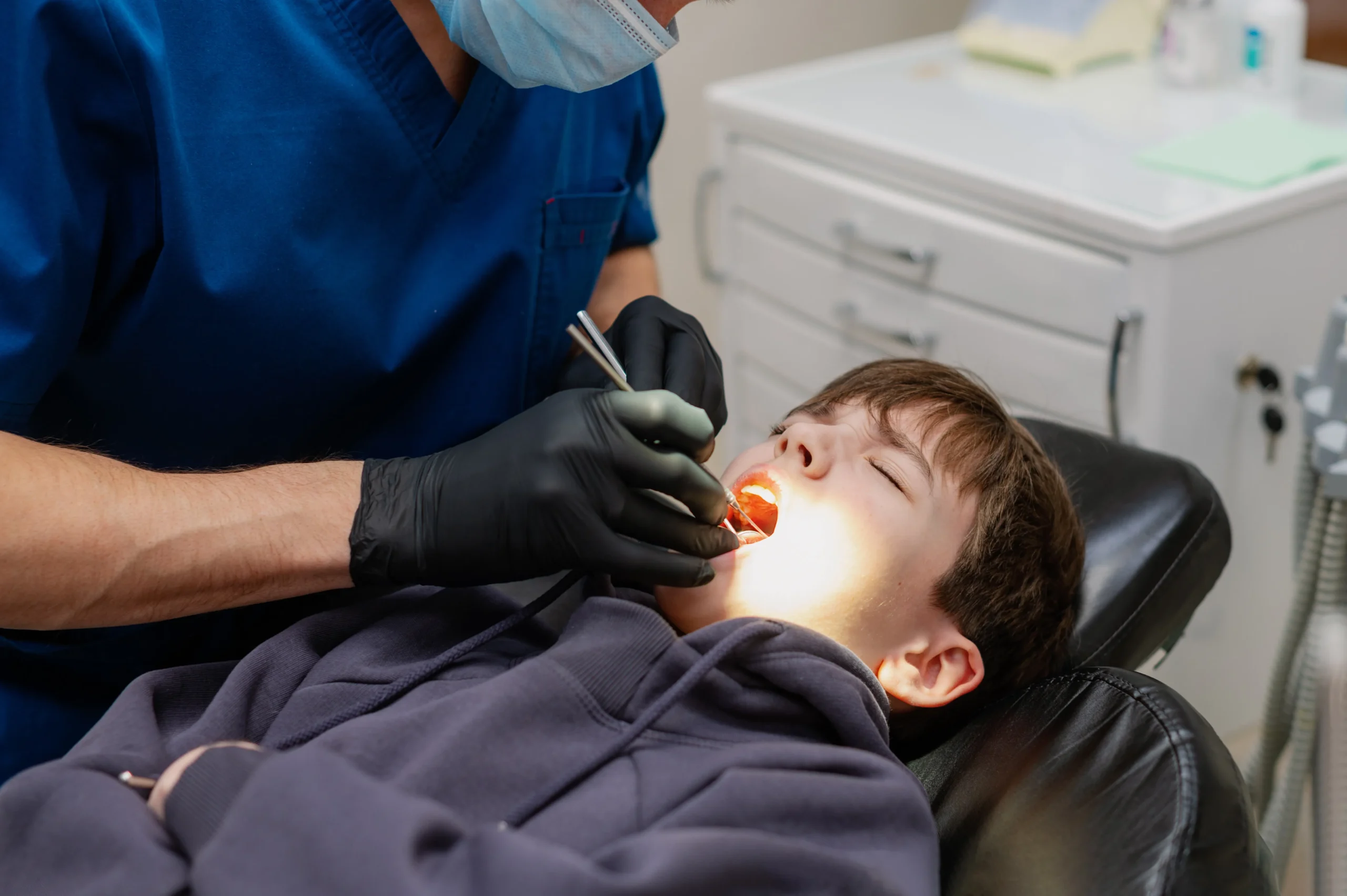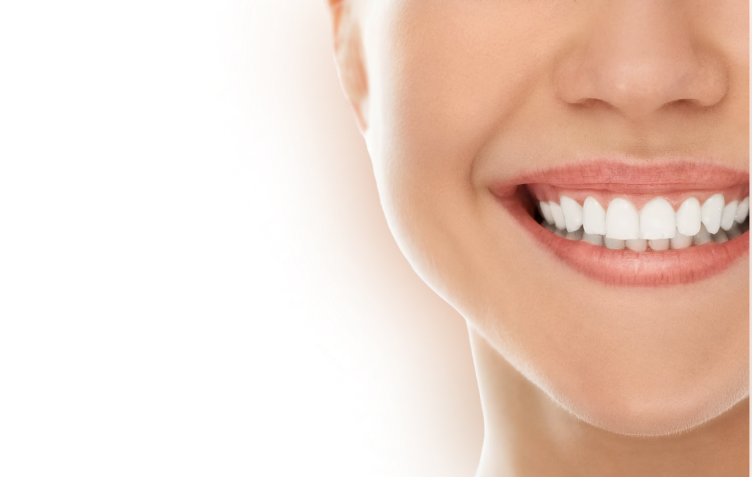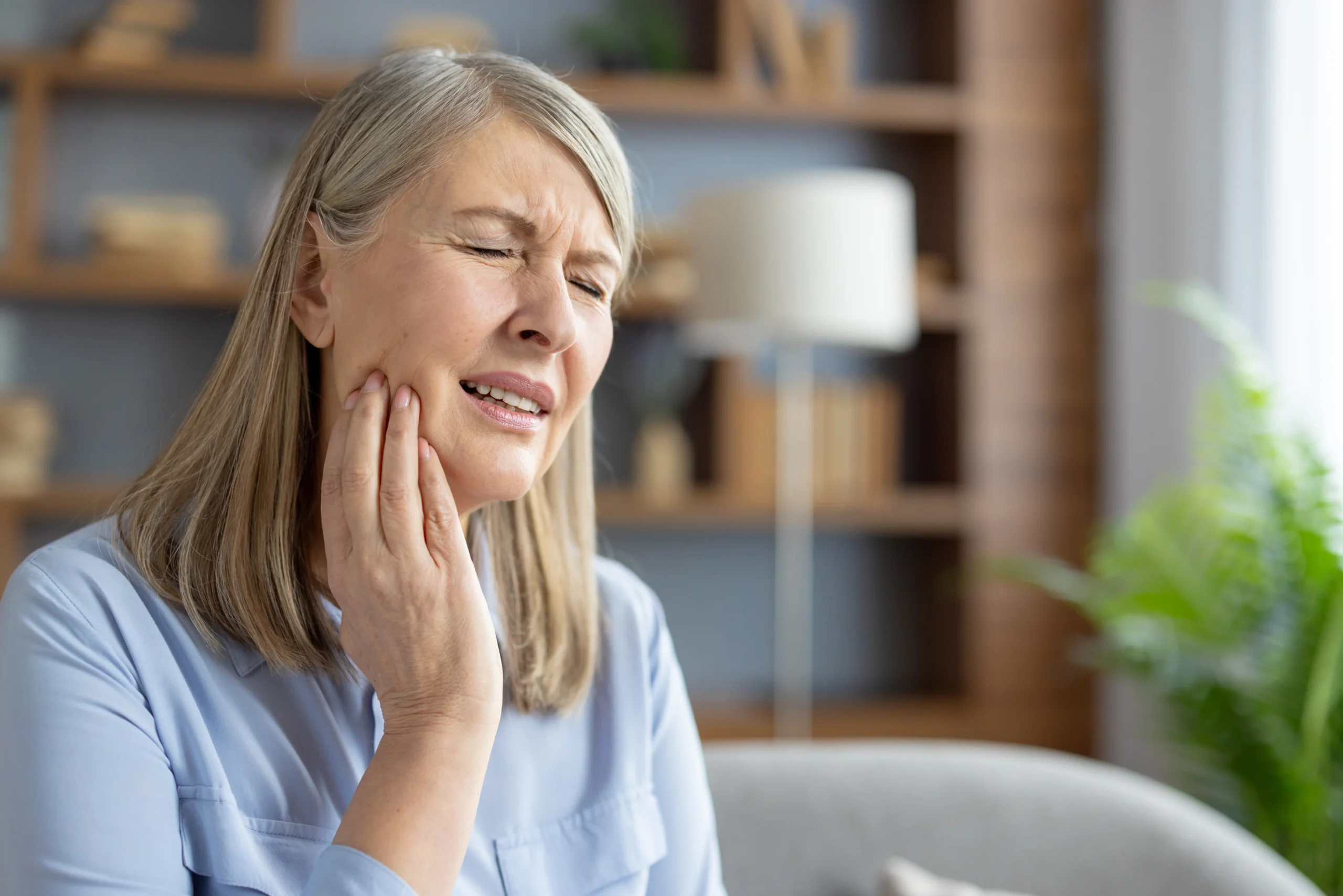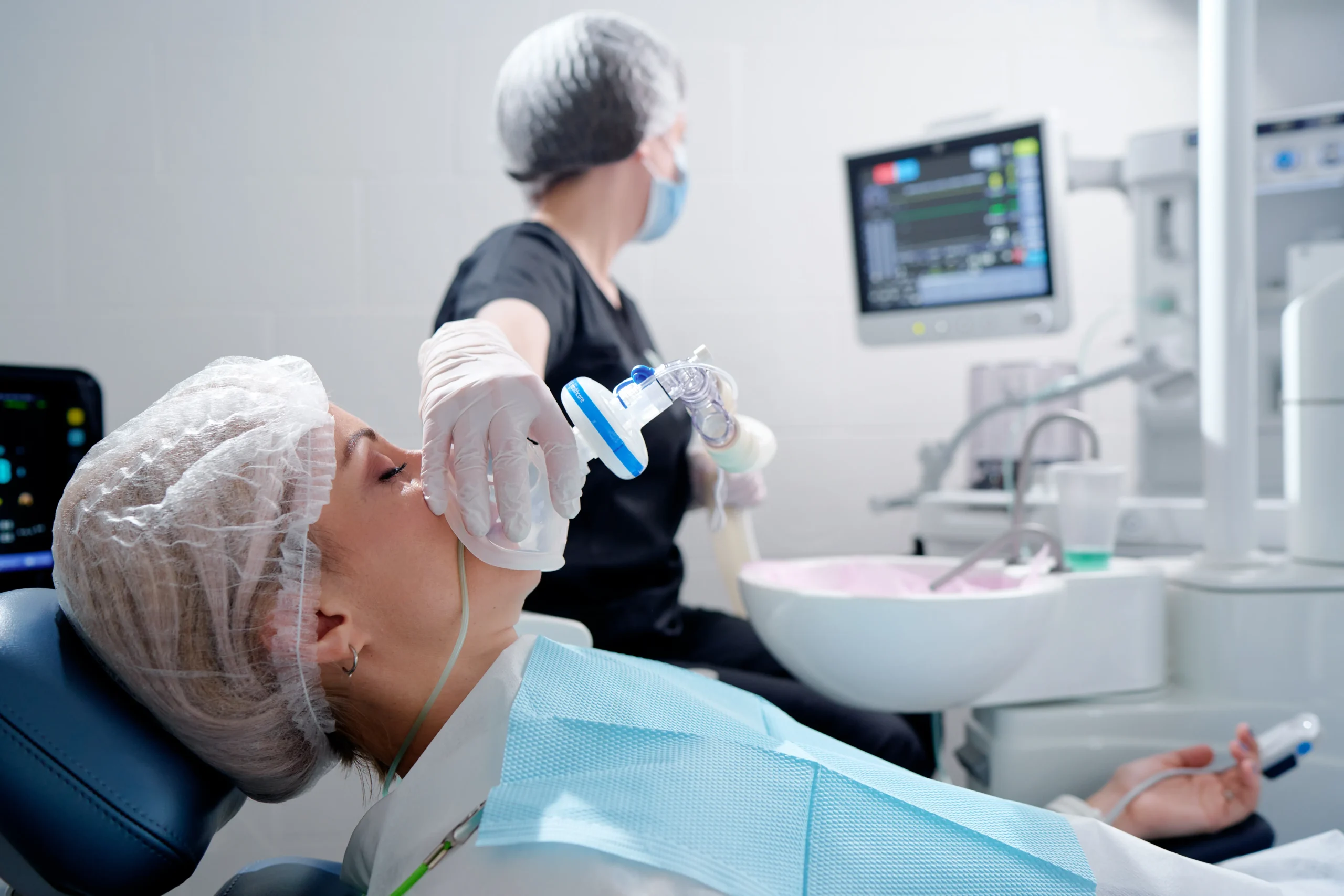
Dental emergencies never occur at convenient times, often striking during evenings, weekends, or holidays when regular dental offices are closed and you’re experiencing significant pain or distress. The uncertainty of not knowing whether your situation requires immediate attention or can wait until regular business hours adds stress to an already challenging situation, particularly when pain is involved.
At Maple Glen Modern Dentistry, Dr. Adam Rudin understands that dental emergencies require prompt, compassionate care to address your immediate needs while preventing further complications as part of our comprehensive general dentistry approach. His extensive training and decade of experience allow him to handle a wide range of emergency situations in our office, providing you with quick relief and appropriate treatment when you need it most, along with clear guidance for managing urgent situations that occur outside normal business hours.

Ready to experience general dentistry that goes beyond the basics? Call us at (267) 603-6463 or contact us online to schedule your comprehensive examination and discover what exceptional general dental care can do for your oral health and overall well-being.

Not all dental problems require emergency treatment, and understanding the difference between urgent situations that need immediate attention and those that can wait for regular appointments helps you make informed decisions about seeking care. True dental emergencies typically involve severe pain, significant trauma, or situations where delay could result in permanent damage or tooth loss.
Emergency situations often develop suddenly, but they may also result from underlying problems that have been developing over time. Understanding the warning signs of potential emergencies can help you seek appropriate care before situations become critical, potentially preventing more extensive treatment and complications.
Dr. Rudin’s comprehensive training allows him to assess emergency situations quickly and provide appropriate treatment that addresses your immediate needs while developing a plan for any follow-up care that may be necessary. This thorough approach ensures you receive complete care that resolves your emergency while protecting your long-term oral health.
Some dental problems require immediate attention to prevent permanent damage, while others are urgent but can be managed temporarily until regular treatment is available. Understanding this distinction helps you determine the appropriate level of care needed for your specific situation.

Certain dental situations require immediate professional attention to prevent permanent damage, control infection, or manage severe pain that significantly impacts your ability to function normally. These true emergencies should not be delayed, as waiting can result in more complex problems and potentially more extensive treatment requirements.
Emergency situations often involve trauma to teeth or surrounding tissues, severe infections that could spread to other parts of your body, or uncontrolled pain that interferes with eating, sleeping, or daily activities. Recognizing these situations helps ensure you seek appropriate care when needed.
Intense, throbbing tooth pain that interferes with sleep or daily activities often indicates infection or significant decay that requires immediate attention, sometimes necessitating endodontic therapy to save the tooth. This type of pain typically worsens over time and may be accompanied by swelling, fever, or sensitivity to temperature changes.
Severe pain that develops suddenly or increases rapidly should be evaluated promptly, as it may indicate an abscess or other serious condition that could lead to more significant health problems if left untreated.
Accidents involving impact to the face or mouth can result in broken, cracked, or knocked-out teeth that require immediate attention to preserve the tooth and prevent complications. The sooner dental trauma is addressed, the better the chances of successful treatment and tooth preservation.
Various dental injuries may include:
Quick action following dental trauma can often mean the difference between saving and losing a natural tooth, making prompt emergency care essential for optimal outcomes.
Dental infections can spread rapidly and become life-threatening if not treated promptly. Signs of serious infection include significant facial swelling, fever, difficulty swallowing, or swollen lymph nodes, particularly when accompanied by severe tooth pain.
Abscesses and other dental infections require immediate antibiotic therapy and often emergency drainage procedures to prevent the infection from spreading to other parts of your head, neck, or body.

When dental emergencies occur, having a clear understanding of how to respond can help minimize damage while ensuring you receive appropriate care as quickly as possible. Our emergency protocol provides step-by-step guidance for common emergency situations while ensuring you can reach us when urgent care is needed.
Immediate response to dental emergencies often involves managing pain, controlling bleeding, and protecting damaged teeth or tissues until professional care is available. Knowing what to do and what to avoid can significantly impact the success of emergency treatment.
The first few minutes following a dental emergency are often critical for preserving teeth and preventing complications. Taking appropriate immediate action while arranging for professional care can significantly improve treatment outcomes and reduce the need for more extensive procedures.
For knocked-out teeth, immediate action is essential. Handle the tooth by the crown only, gently rinse with water if dirty, and attempt to reinsert it into the socket if possible. If reinsertion isn’t possible, store the tooth in milk or saliva and seek immediate professional care.
Severe dental pain requires appropriate management until professional treatment is available. Over-the-counter pain medications can provide temporary relief, but it’s important to follow dosage instructions and avoid placing aspirin directly on affected tissues, which can cause chemical burns.
Cold compresses applied to the outside of the face can help reduce swelling and provide additional pain relief, while avoiding extremely hot or cold foods and beverages can prevent increased sensitivity and discomfort.
Broken or cracked teeth should be protected from further damage until professional care is available, at which point restorative dentistry can repair the damage and restore function. Avoid chewing on the affected side, and cover sharp edges with dental wax or sugar-free gum to prevent injury to your tongue or cheeks.
Save any broken tooth fragments if possible, as they may be useful for restoration depending on the extent of damage and how quickly treatment is obtained.

Dental emergencies don’t follow regular business schedules, which is why we provide clear instructions for reaching us when urgent care is needed outside normal office hours. Our emergency contact protocol ensures you can access appropriate guidance and care when dental problems require immediate attention.
During regular business hours, contact us immediately at (267) 603-6463 for emergency appointments that can often be accommodated the same day. Our staff will assess your situation and determine the appropriate level of care needed while arranging for prompt treatment.
For emergencies occurring outside regular business hours, call our main office number, where you’ll receive instructions for reaching Dr. Rudin or accessing appropriate emergency care. We provide guidance for managing your situation until professional treatment is available.
True emergencies involving severe trauma, uncontrolled bleeding, or signs of serious infection may require hospital emergency room care, and we provide clear guidelines for determining when hospital care is appropriate versus when dental office treatment is sufficient.
When calling for emergency care, be prepared to describe your symptoms clearly, including the nature of your pain, any trauma that occurred, visible damage to teeth, and any swelling or bleeding present. This information helps us determine the urgency of your situation and provide appropriate initial guidance.
Having your medical history and current medications available can also be helpful, particularly if antibiotics or other medications may be prescribed as part of your emergency treatment.

While not all dental emergencies can be prevented, many can be avoided through proper oral hygiene, regular dental care, and lifestyle modifications that reduce your risk of trauma and dental problems. Understanding common causes of dental emergencies helps you take steps to protect your oral health proactively.
Regular preventive care allows us to identify and address potential problems before they become emergencies, often preventing the need for urgent treatment while maintaining optimal oral health. This proactive approach typically results in fewer emergency situations and better long-term outcomes.
Wearing properly fitted mouthguards during sports and recreational activities significantly reduces the risk of dental trauma, while avoiding hard foods that can crack or break teeth helps prevent damage to existing dental work and natural teeth.
Maintaining excellent oral hygiene and attending regular dental checkups allows early identification and treatment of problems before they develop into emergency situations requiring urgent care.
Being prepared for dental emergencies can help minimize damage and improve treatment outcomes when urgent situations occur. Keep our contact information readily available, and consider maintaining a basic dental emergency kit with items like gauze, pain relievers, and temporary filling material for minor situations.
Understanding basic first aid for dental emergencies and knowing what actions to take and avoid can make a significant difference in emergency outcomes while you arrange for professional care.
